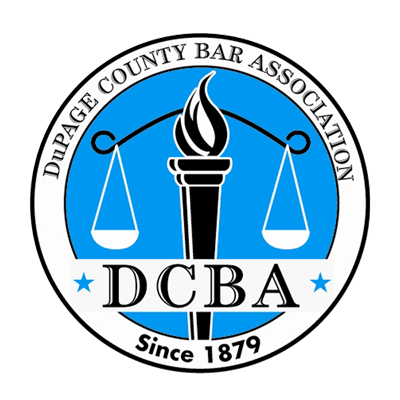
When an elderly loved one is in a nursing home, we have a natural expectation that they will receive the best possible care. However, as with other health care facilities, nursing home residents face an inherent risk of developing infections–in part because of the nature of medical care, and in part because the elderly naturally have less resistance.
The CDC estimates that between 1-3 million serious infections occur in nursing homes and assisted living facilities each year. While infection can occur even when all precautions are taken, many of these infections occur due to nursing home negligence and are therefore preventable. If you suspect your elderly loved one has suffered physically, been endangered, or even died due to a preventable nursing home infection, an experienced Illinois nursing home neglect attorney can help you get to the bottom of it and work to protect the rights of your loved one. For a free consultation, call the Cullotta Bravo Law Firm today at 630-898-7800.
Common Types of Nursing Home Infections
Nursing home residents may be susceptible to many different types of infections, some more serious than others. However, all have the potential to cause serious harm or even death in elderly individuals. The most common types of nursing home infections include:
- Urinary Tract Infections (UTIs): These are among the most common type of infection in nursing home residents and are often caused by a lack of proper hygiene, catheter use, or dehydration. Symptoms may include strong-smelling urine, cloudy or bloody urine, pain or burning during urination, increased frequency of urination, and fever.
- Pneumonia: This is a serious respiratory infection that can be caused by a number of different bacteria or viruses. It is often spread through coughing and sneezing, and symptoms may include coughing up blood or green mucus, shortness of breath, rapid breathing, sweating and chills, chest pain, and fever. Pneumonia can also develop in the wake of common respiratory viruses such as cold and flu. (Pneumonia is the most common life-threatening infection that occurs in nursing homes.)
- Gastroenteritis: This is an infection of the stomach and intestines that may be caused by a virus (such as the Norovirus) or bacteria. It is typically spread through contaminated food or water, and symptoms may include diarrhea, vomiting, nausea, abdominal pain, and fever. Dehydration is a potentially serious risk with these infections.
- Skin/tissue infections: These infections can occur when the skin is broken, typically due to pressure sores (bedsores) or other wounds. Bacteria can enter through these breaks and cause serious infections. Symptoms may include redness, swelling, pain, and pus or drainage from the wound site.
- Other infectious viruses: Due to the close proximity of patients and health care providers, the risk of infectious disease spread remains high in nursing homes. The most poignant recent example is COVID-19, which caused an inordinate number of deaths in nursing homes across the country.
Why Nursing Home Infections Occur
While the risk is never zero, nursing homes can minimize the risk of infection by following basic safety and sanitation protocols. Preventable infections occur when these protocols are effectively overlooked or ignored. Common examples of such negligence include:
- Failing to clean and sanitize equipment properly (e.g., catheters, IVs, wound dressings)
- Failing to properly clean and disinfect surfaces regularly
- Failing to practice proper hand hygiene
- Improper use of PPE
- Failing to isolate patients with contagious diseases
Warning Signs of Neglect in Nursing Homes
It can be challenging to prove an infection is the result of nursing home neglect because infections are so common and can happen for many reasons. However, you may be able to identify the following “red flags” as a sign that your loved one is suffering infection as a result of nursing home neglect:
- Frequent illnesses
- Dehydration
- Presence of bedsores
- Persistent or repeated urinary problems
- The patient left unattended for long periods of time
- Caregivers coming in with no PPE (or improperly fitted PPE)
If you have observed any of these warning signs in your loved one, it is important to take action. An experienced nursing home abuse attorney can help you investigate the situation, gather evidence, and take legal action to hold the responsible parties accountable.
Call a Nursing Home Infection Attorney in Aurora, Illinois
The attorneys at Cullotta Bravo Law Firm have a strong track record with cases of nursing home abuse and neglect. We know how to identify and prove when an infection happens as a result of neglect, and we will fight for justice for your loved one. Call us today at 630-898-7800 or contact us online.





